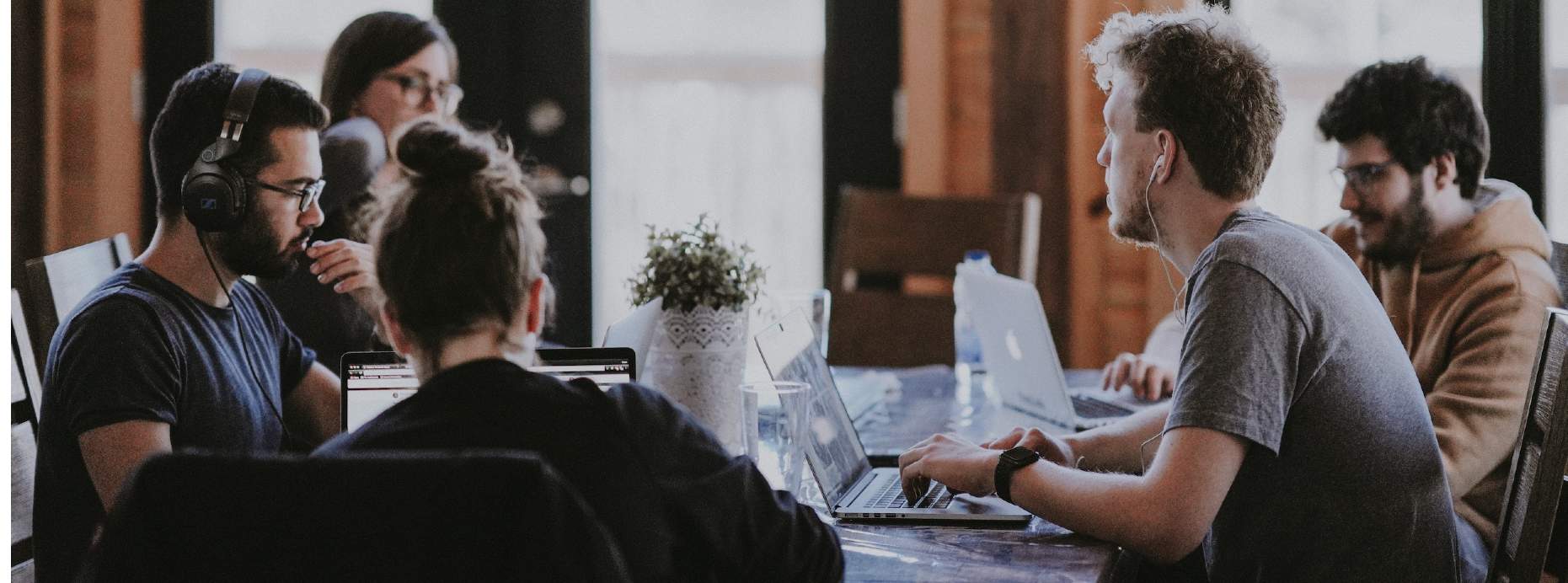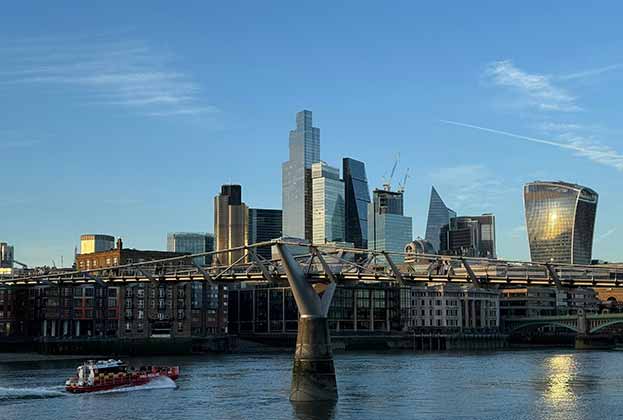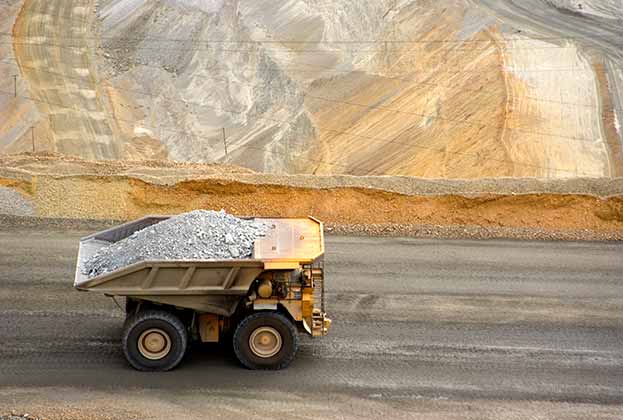Much has been written over the last year regarding the impact of Covid-19 in terms of how social distancing restrictions have impacted corporate real estate, particularly in the context of working from home versus the office. There’s the obvious effect on the physical built form of real estate, but what about the impact on employees and corporate anthropology? How will this change corporates perceptions of the need, and indeed the form, of real estate?
Anthropology in a corporate sense is about adaptation – internally and externally. We saw this, for example, with the global banking crisis, the development of AI, the rise of e-commerce and the rise of millennials – all instances that forced businesses to adapt the way they operated and change their modes of engagement with the world at large. Covid-19 is yet another catalyst accelerating change.
We have seen real estate work its way up the priority scale for corporate occupiers over a number of years, but, as a result of Covid-19, we are also likely to see corporate anthropology start to have more of an influence on real estate decisions.
Traditionally the key decision makers influencing a corporate occupier’s property strategy have been the CEO, Chief Financial Officer, HR and property directors. However, a lasting change augmented by the experience of the pandemic has brought new roles in areas such as ESG, sustainability, diversity and inclusion, innovation, people and culture, to the fore in the decision making process, reflecting a significant shift in corporate policy.
The dial for property requirements and decisions has been reset: we are now seeing mainstream corporate occupiers take into consideration a wealth of new information when making their property decisions, not only concerning the actual building and its costs, but also their people.
Employers have made a substantial investment in their real estate, but as we emerge from the pandemic it will be vital for them to consider increasingly important factors such as what motivates their staff, how their workers use office space and what employees actually want from their workplace, when making property decisions.
Over the last 12 months the inability to utilise traditional built spaces as the medium within which to communicate with clients and colleagues has seen a move to greater 'individual relationships' through platforms such as Zoom and Teams. This has allowed us to learn a lot more about the ‘human’ aspect of our colleagues and clients; insights that we may never have gained had we all remained in the office as normal.
The seemingly never-ending virtual meetings have given us a window into people’s personal lives, providing us with the opportunity to interact in different ways, helping to forge and strengthen relationships.
While there is no doubt that the utopian view of working from home has dissipated and there is a clear desire to return to the workplace (albeit with more flexibility), occupiers should not overlook the new dynamics that have been created and the relationships that have been strengthened by adversity, and ensure that these continue as we return to the office.
As the built form of property, and the spaces within, continues to adapt and evolve reflecting changing corporate policy and priorities, we need to ensure we reflect on the lessons learnt over the last 12 months.


(1).jpg)

.jpg)



.jpg)

